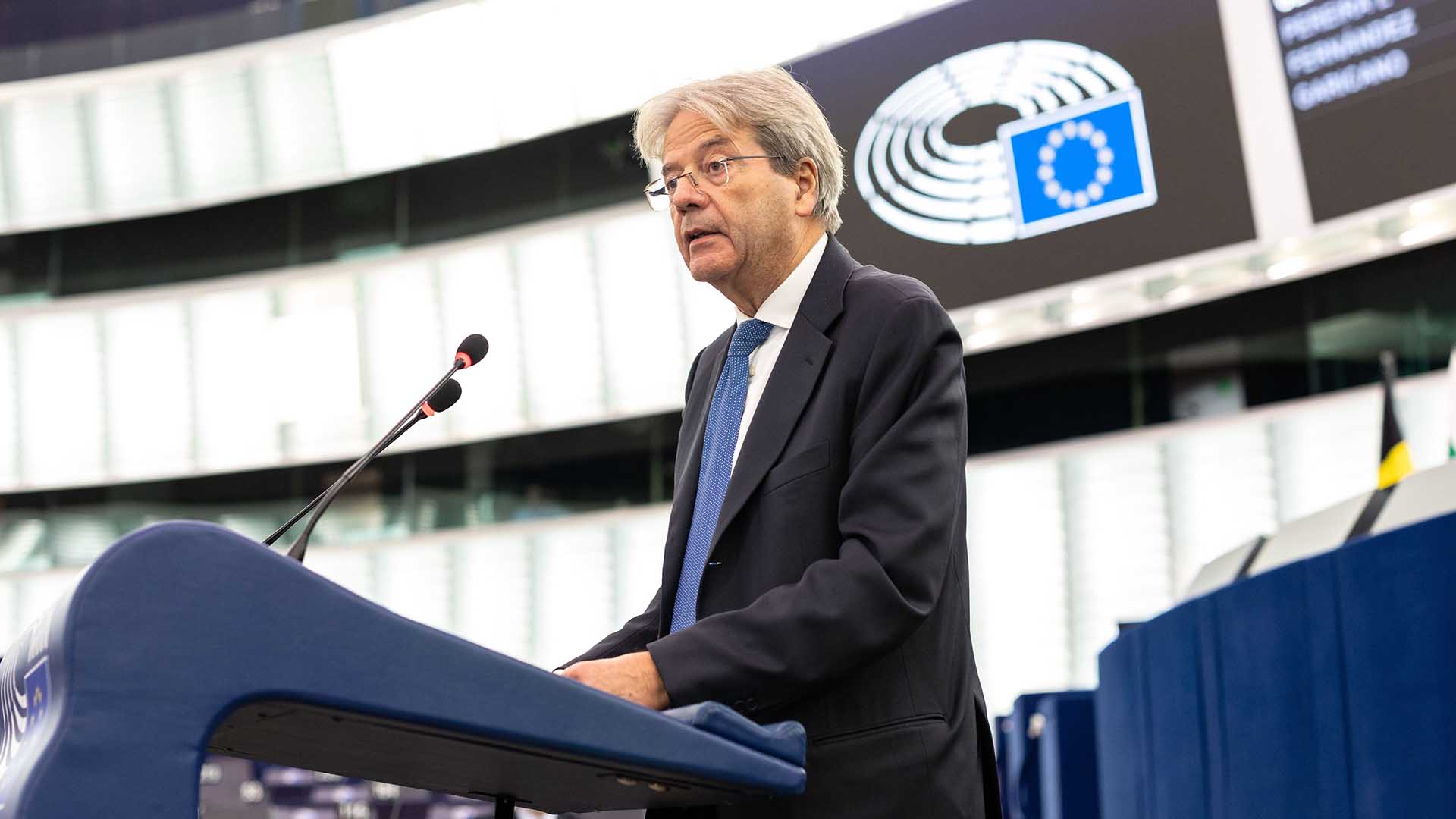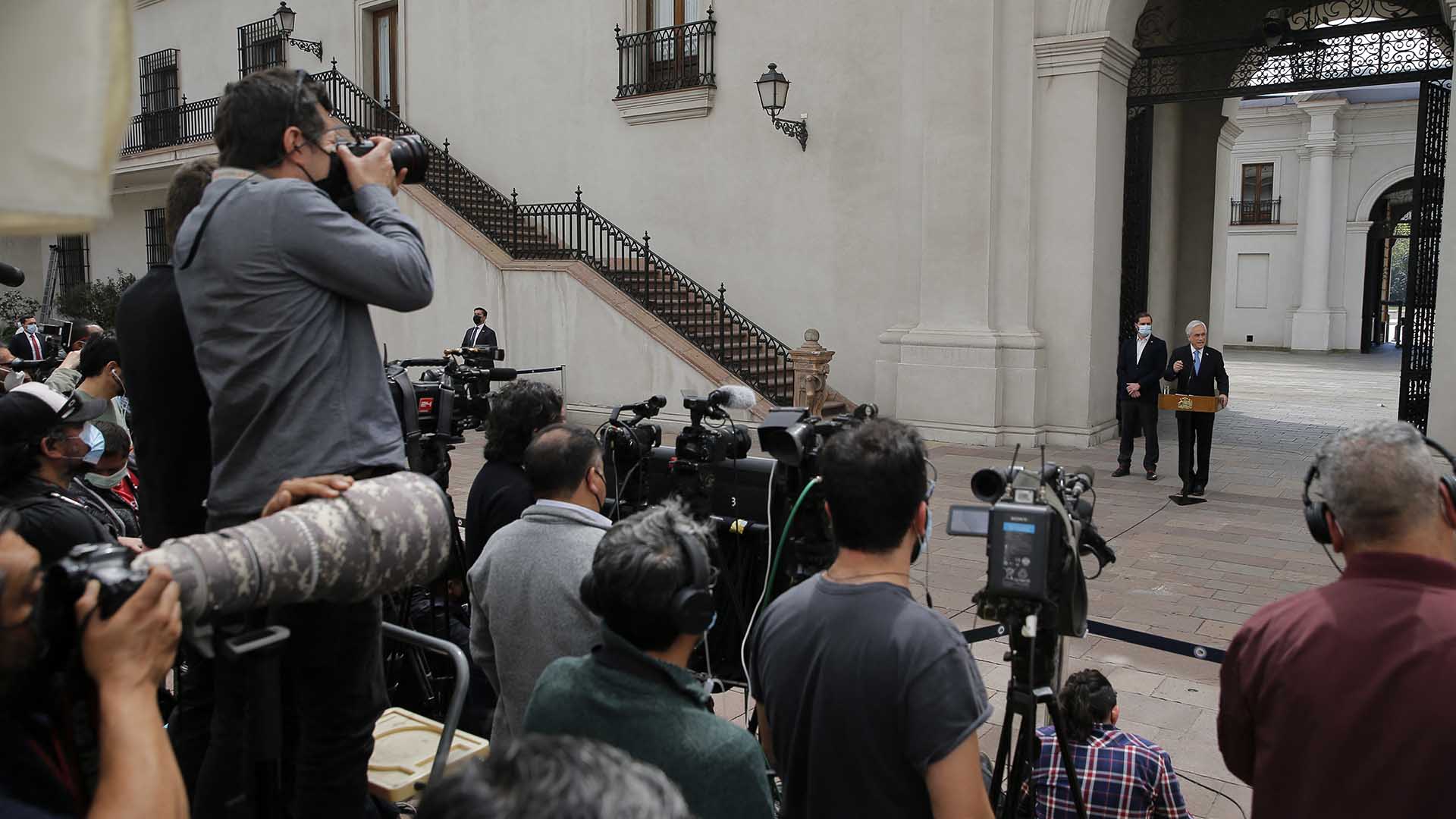U.S. lawmakers are set to respond to the Pandora Papers with landmark legislation that would crack down on professional enablers who move dirty money for corrupt clients.
The bipartisan measure would require a broad array of middlemen — including lawyers, accountants, real estate professionals, trust administrators, art dealers, financial advisers and public relations professionals — to ensure they aren’t laundering black market income.
“Disclosures within the Pandora Papers are the clearest demonstration yet of the historic threat posed by foreign corruption,” says a joint statement by U.S. representatives Tom Malinowski and John Curtis. “Billions of dollars of dirty money belonging to adversarial actors are flooding the United States.”
Dubbed the Enablers Act, the sweeping bill is inspired by an International Consortium of Investigative Journalists-led investigation of secret deals and hidden assets of more than 330 politicians in more than 90 countries.
Under the bipartisan measure, expected to be unveiled on Friday, enablers could be required not only to perform background checks on money flowing into their businesses but to report funds of suspicious origins and any other suspicious activities to regulators and law officers.
Anti-corruption experts said the legislation, which has been in the works for at least two years, made sense to introduce now because the leaked revelations published by ICIJ and its media partners since Sunday expose many professions that the Enablers Act now seeks to regulate.
“ICIJ and other investigative journalists have created the policy window for this critical national security measure,” said Paul Massaro, a congressional anti-corruption adviser. “Global corruption is an existential threat to democracy.”
“The Pandora Papers have ushered in a historic moment for a sweeping policy response,” added Josh Rudolph, fellow for malign finance at the Alliance for Securing Democracy at the German Marshall Fund.
Pandora Papers is the largest investigation into offshore finance and delves deeply into an array of professions. The bill’s proponents have especially targeted the legal profession, which they say has long been immune from proper scrutiny.
Rudolph and Massaro cited multiple examples of investigative stories from the Pandora Papers to make the case for lawmakers to pass the Enablers Act. They include:
TAX HAVEN USA: Pandora Papers found agents set up nearly 30 U.S.-based trusts in South Dakota linked to people or companies accused of fraud, bribery or human rights abuses in some of the world’s most vulnerable communities.
BIG LAW: A Pandora Papers investigation highlighted how the largest law firm in the United States, Baker McKenzie, is an architect and pillar of the offshore shadow economy. The firm did work for a Russian arms dealer sanctioned by the U.S. — and for Ukrainian oligarch Ihor Kolomoisky and Malaysian fugitive financier Jho Low, accused of helping orchestrate two of the world’s biggest alleged frauds. Baker McKenzie, lobbying for big banks and big tech, also pushed back against proposals aimed at strengthening financial regulatory oversight and tax laws.
THE KING’S REAL ESTATE EMPIRE: The Pandora Papers showed how the world’s most rich and politically connected use shell companies to dodge scrutiny in international real estate transactions. Real estate professionals helped King Abdullah II of Jordan buy luxury homes in London, Washington, D.C., and Malibu with offshore companies. The transactions — totaling $106 million — raise questions about whether real estate agents helped a foreign ruler spirit ill-gotten wealth out of his country.
RUSSIAN SWEETHEART DEAL: ICIJ also showed how enablers helped Putin’s leading image-maker, Konstantin Ernst, acquire a secret stake in a billion-dollar real estate deal using offshore companies.
THE HUNT FOR LOOTED TREASURES: The Pandora Papers revealed that shortly after U.S. investigators tied notorious art dealer Douglas Latchford to stolen Cambodian treasures, Latchford and his family created offshore trusts that held scores of relics.
The bill is expected to be introduced by Malinowski, a Democrat from New Jersey, and Rep. Maria Salazar, a Republican from Miami. Anti-corruption experts said it would help align the United States with most other countries, which already require professional middlemen to follow anti-money laundering protocols to detect and prevent criminals from disguising illegal funds as legitimate income.
“Our laws require banks to report suspicious financial activity, but not other enablers of money laundering, like law firms & art dealers,” Rep. Malinowski wrote on Twitter. “That’s a loophole kleptocrats can sail a yacht through, so I’m introducing a bipartisan bill to close it.”
More fallout around the world
Meanwhile, governments and political figures in other countries continued to react to the Pandora Papers.
Members of the European Parliament discussed the Pandora Papers revelations during a session today with many lawmakers urging reforms to stop tax evasion and other financial crimes facilitated by the use of shell companies and trusts in tax havens.
“How can Europe ask its citizens to make sacrifices when two [European] country leaders and one finance minister avoid taxes?” said Rosa D’Amato, an MEP from Italy. “This is not just a tax justice problem, it’s also a social justice problem.”
A key financial regulator in Singapore said it is examining reports that an offshore provider it regulates, Asiaciti Trust, did not properly vet some of its clients, according to the Guardian.
A spokesperson for the Monetary Authority of Singapore said the regulator “does not tolerate the abuse of our financial system for illicit activities and will not hesitate to take action against FIs [financial institutions] if they breach these requirements.”
In Sri Lanka, President Gotabaya Rajapaksa today instructed the Commission to Investigate Allegations of Bribery or Corruption to investigate the Sri Lankan individuals named in the Pandora Papers, local media reported.
At the same time, Thirukumar Nadesan, the husband of former minister Nirupama Rajapaksa whose offshore deals were exposed in the ICIJ investigation, called for an independent investigation into the reporting, according to Sri Lankan press reports.
In a letter addressed to the president, Nadesan expressed a preference for a retired judge to take up the investigation and claimed that “my wife and I are totally innocent and are guilty of no wrongdoings.”
ICIJ reported that Bernard de Laguiche and other members of chemical giant Solvay’s founding family moved millions offshore while people living near Solvay plants in Northern Italy and New Jersey accused the company of contaminating water supplies. In Belgium, ICIJ partners Le Soir and De Tijd reported that Bernard de Laguiche resigned from Solvay’s board of directors on Sept. 24 and from his post as Solvac managing director on Sept. 27, after responding to ICIJ’s questions. De Laguiche told De Tijd that the resignation was “strictly for personal reasons.”
Hong Kong’s former chief executive Leung Chun-ying denounced ICIJ partner Stand News on his Facebook page, saying that the investigation into his offshore dealings has “ulterior motives.” Stand News and ICIJ found that in 2015, while Hong Kong’s top leader, Leung secretly transferred shares he held in a real estate firm’s subsidiary, worth more than $300,000. On Wednesday, Leung, who had not responded to ICIJ’s repeated requests for comment, denied wrongdoing and said that, at the time, he was not required to declare details of his holding and the deal.
Bulgaria’s anti-corruption commission announced that it had begun analyzing wealth declarations filed by former parliament member Delyan Slavchev Peevski. On Tuesday, ICIJ’s media partner in Bulgaria, BIRD, published a story revealing that Peevski was linked to offshore companies not listed in declarations that Bulgarian politicians are required to file.
Bulgarian State Agency for National Security (SANS) also said Peevski came under scrutiny in June when U.S. authorities sanctioned him for “involvement in significant corruption” and the new data from the Pandora Papers will now also be examined. On Wednesday, Peevski was questioned by SANS.
Pakistan’s Minister for Water Resources Moonis Elahi denied holding any offshore or undeclared assets following ICIJ’s report that Elahi backed out of a Singapore investment after he was told that Pakistan’s tax authorities would be informed. The investigation found that Elahi told offshore provider Asiaciti he held a significant stake in RYK Mills, a sugar mill in the province of Punjab. Between 2017 and 2018 his wife owned an $8.2 million apartment in London through a U.K registered company. Neither asset appears on the asset declaration Elahi and his wife provided to the Pakistan’s National Assembly in 2017.




